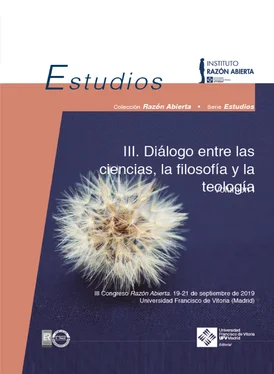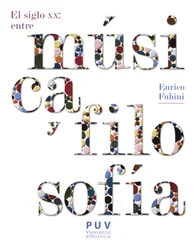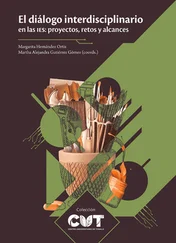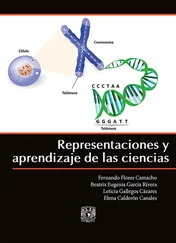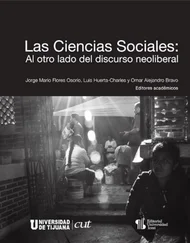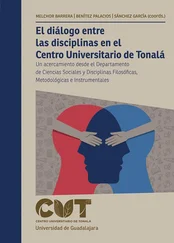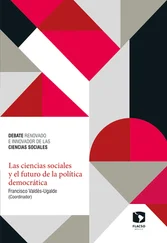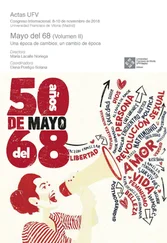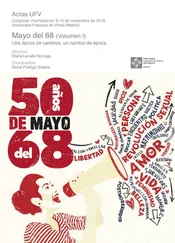1 Federico Lombardi, «The Concept of Expanded Reason,» at https://expandedreasonawards.org/the-concept-of-expandedreason/, accessed 28 August 2019. For indications of Ratzinger’s concern, see e.g. Joseph Cardinal Ratzinger, Introduction to Christianity , trans. J. R. Foster, preface Michael J. Miller (1969; San Francisco: Ignatius Press, 2004), and idem, Values in a Time of Upheaval , trans. Brian McNeil (San Francisco: Ignatius Press, 2006).
2 Michael Hanby puts it well when he writes that the success of the scientific revolution, «which began in the seventeenth century and has not ceased,» «is nothing short of stunning, and it has given us insights into objects whose existence could not even have been imagined.» Hanby, No God, No Science? Theology, Cosmology, Biology (Malden, Mass., and Oxford: Wiley-Blackwell, 2013), p. 107.
3 Pope Francis, Praise Be to You/Laudato Si’: On Care for Our Common Home (San Francisco: Ignatius Press, 2015), §§ 91, 117.
4 On the centrality of practical, applied «useful knowledge» in the Enlightenment, the Industrial Revolution, and the economy that has so drastically transformed the entire world over the past two and half centuries, see Joel Mokyr, The Gifts of Athena: Historical Origins of the Knowledge Economy (Princeton and Oxford: Princeton University Press, 2002).
5 Christian Smith, Atheist Overreach: What Atheism Can’t Deliver (New York: Oxford University Press, 2019), p. 45.
6 In the words of the British historian Keith Thomas, «in the modern liberal West, as well as in many other parts of the world, it is axiomatic that all human beings are entitled to fulfil themselves in the way they choose and that, so far as possible, society should be ordered in such a way as to enable them to do so.» Keith Thomas, The Ends of Life: Roads to Fulfilment in Early Modern England (Oxford: Oxford University Press, 2009), p. 9.
7 Daniel Dennett, Darwin’s Dangerous Idea: Evolution and the Meanings of Life (New York: Simon & Schuster, 1996), p. 21.
8 For a scientifically informed, philosophical and theological critique of «ultra-Darwinist» efforts such as Dennett’s as fundamentally misguided and incoherent, see Conor Cunningham, Darwin’s Pious Idea: Why the Ultra-Darwinists and Creationists Both Get It Wrong (Grand Rapids, Mich. and Cambridge: Eerdmans, 2010).
9 For an impressive analysis of this extension and its implications, see Hanby, No God, No Science?
10 Apparently, about 25 percent of the total is dark matter and 70 percent dark energy. Brian Greene, The Fabric of the Cosmos: Space, Time, and the Texture of Reality (New York: Vintage, 2004), pp. 294-303, 432-435.
11 Smith, Atheist Overreach , p. 69.
12 See, for example, Mario Bunge, Emergence and Convergence: Qualitative Novelty and the Unity of Knowledge (Toronto: University of Toronto Press, 2003); The Re-Emergence of Emergence: The Emergentist Hypothesis from Science to Religion , ed. Philip Clayton and Paul Davies (Oxford and New York: Oxford University Press, 2006).
13 James Davison Hunter and Paul Nedelisky, Science and the Good: The Tragic Quest for the Foundations of Morality (New Haven and London: Yale University Press, 2018), pp. 81-117, quotation on 117.
14 Raymond Tallis, Aping Mankind: Neuromania, Darwinitis and the Misrepresentation of Humanity (Durham, U.K.: Acumen, 2011).
15 Thomas Nagel, Mind and Cosmos: Why the Materialist Neo-Darwinian Conception of Nature is Almost Certainly False (Oxford and New York: Oxford University Press, 2012), p. 12: «I confess to an ungrounded assumption of my own, in not finding it possible to regard the design alternative as a real option. I lack the sensus divinitatis that enables – indeed compels – so many people to see in the world the expression of divine purpose as naturally as they see in a smiling face the expression of human feeling.» Elsewhere in the book, Nagel calls his disinclination toward theism and the notion of any «divine intervention» in the natural order «my ungrounded intellectual preference.» Ibid ., p. 26. Subsequent references to Mind and Cosmos will be indicated parenthetically in the text.
16 Lawrence M. Krauss, A Universe from Nothing: Why There is Something Rather Than Nothing (New York: Free Press, 2012), p. ix. Subsequent references to Krauss’s book are given parenthetically in the text.
17 For example, in his generally excellent book about the relationship between evolution and creation, Christoph Cardinal Schönborn refers to «the belief that God creates out of nothing» and discusses «what is wonderful and unique about the biblical belief in creation.» Schönborn, Chance or Purpose? Creation, Evolution, and a Rational Faith (San Francisco: Ignatius Press, 2007), pp. 22, 46 (my emphases).
18 David Bentley Hart, The Experience of God: Being, Consciousness, Bliss (New Haven and London: Yale University Press, 2012), p. 96. Hart makes a similar point in many other incisive passages; for example, «existence is most definitely not a natural phenomenon; it is logically prior to any physical cause whatsoever; and anyone who imagines that it is susceptible of a natural explanation simply has no grasp of what the question of existence really is. In fact, it is impossible to say how, in the terms naturalism allows, nature could exist at all.» Ibid ., p. 18. Subsequent references to Hart’s book will be given parenthetically in the text.
19 Nagel is an example of a philosopher who rejects a reductionist, materialist naturalism without embracing even philosophical theism, but from Mind and Cosmos it seems that his understanding of God owes much to modern assumptions about the relationship between God and the natural order and the idiosyncracies of analytic philosophy of religion, in addition to the fact that, as noted, he does not raise the question of existence or ontological contingency in relationship to metaphysical naturalism. For Nagel’s views on God in Mind and Cosmos , see pp. 12, 21-23, 25-26, 59, 66, 94-95.
20 Hart, Experience of God , Chapter 3, esp., pp. 134-148.
THE NARRATIVE AS A MEANS TO MAKE
THE VIDEO GAME A PERSON-CENTERED LEARNING EXPERIENCE
Clara Fernández-Vara
New York University
Let’s begin by unpacking the two main issues of using games as a locus for learning – first understanding games as narrative, and second learning focused on the human condition.
The nature of narrative in videogames is still somewhat contentious. In my case, I resort to the term «narrative», in its width and ambiguity, rather than referring to it as «narratology», which is the study of narrative in general and across the media. «Narrative» gives us the room to talk about different aspects of what a story in a game may be. It can refer to the events that happened before the game starts; it can refer to the events that unfold as we play; or it can be how players retell their experience. This three-fold definition is based on Genette’s polysemic approach to the term narrative (Genett, 1980). The interactive nature of games makes it so that the story can be pre-determined or changed depending on the choices of the player, so stories also have a transformative nature. There are many kinds of stories and histories that can take place in and around videogames.
As a narrative designer and a scholar, I prefer to talk about worlds in which the activities and events of the game take place. Not all games take place in worlds or can be narrative – think of abstract puzzle games, for example. But in order for there to be a narrative, we need a world first, then from that we can make a game, or a film or write a novel.
Читать дальше
